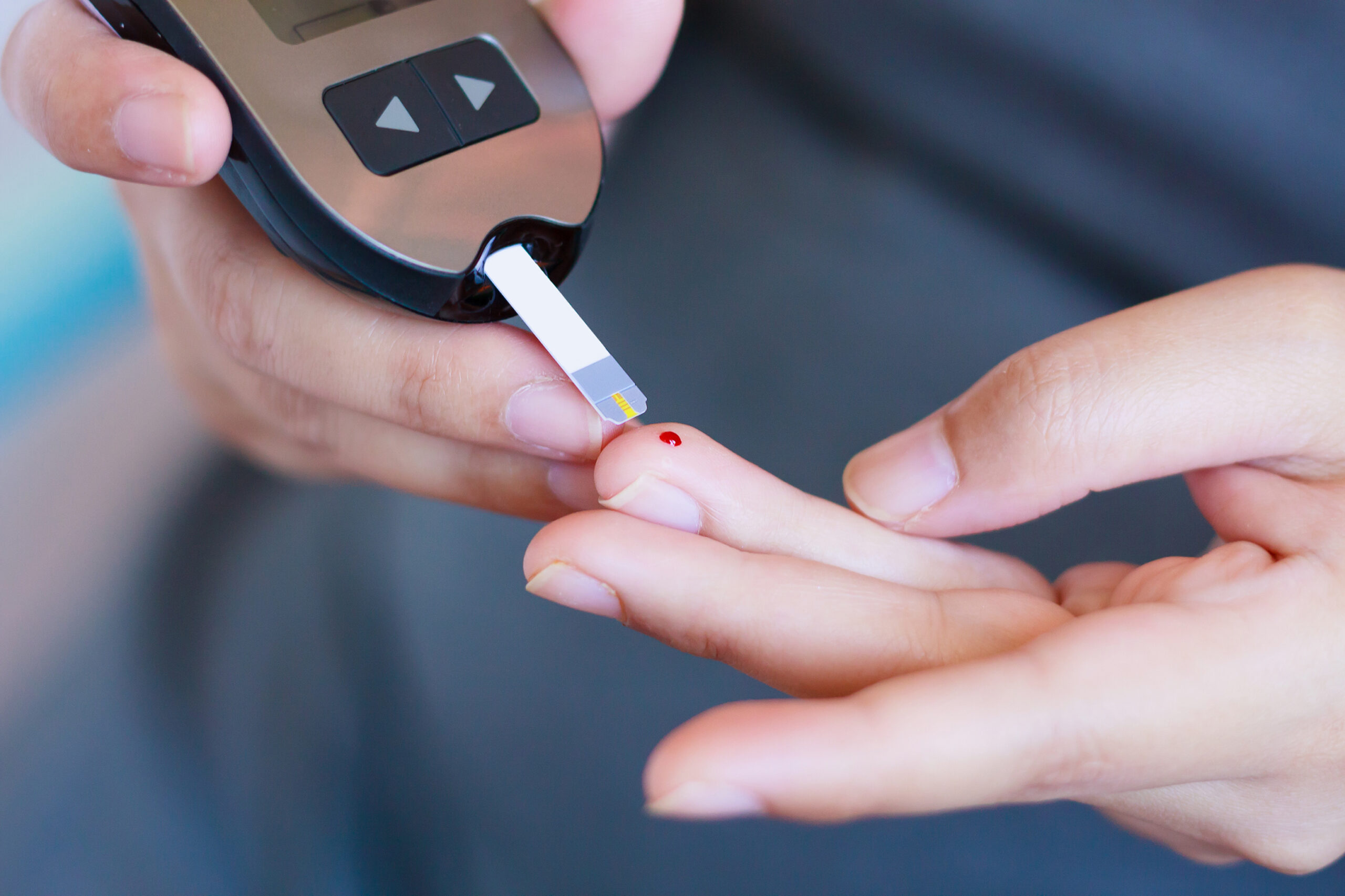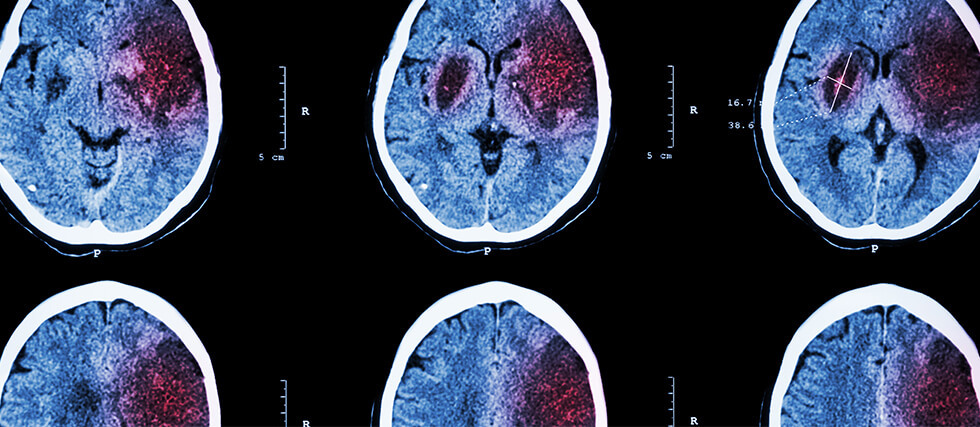Why the Order of Your Meals Matters: The Power of Meal Sequencing
We’ve all heard that a balanced diet is key to good health — lean proteins, fiber-rich veggies, healthy fats, and whole grains. But what if it’s not just what you eat, but when you eat it during your meal that makes the biggest impact?
Enter meal sequencing — a surprisingly science-backed yet straightforward eating strategy that can help stabilize blood sugar, reduce cravings, and support weight loss.
So, how does it work? According to naturopathic doctor Michelle Sands, it’s all about eating your foods in a specific order: protein, fat, and fiber first, then carbs last. This approach slows digestion, balances insulin response, and helps you feel fuller longer.
Here’s how to put it into practice:
- Breakfast: Start with eggs, add some berries, and finish with toast or pancakes.
- Lunch: Begin with a side salad or roasted veggies, then dive into your sandwich.
- Dinner: Eat your greens first, follow with a bunless burger, and save the fries or dessert for last.
Why does it work so well? Preloading your stomach with protein and fiber delays gastric emptying and boosts GLP-1, the same satiety hormone activated by weight-loss meds like Ozempic. That means fewer cravings, more stable energy, and better control over your eating.
Dr. Lisa Shah, chief medical officer at Twin Health, says this method isn’t just for people with diabetes — it’s a powerful tool for anyone navigating midlife weight changes, hormone shifts, or energy crashes.
And the best part? You don’t need to cut carbs or skip dessert — just rearrange your plate. With regular practice, meal sequencing can help reduce inflammation, support metabolic health, and stabilize blood sugar levels.












